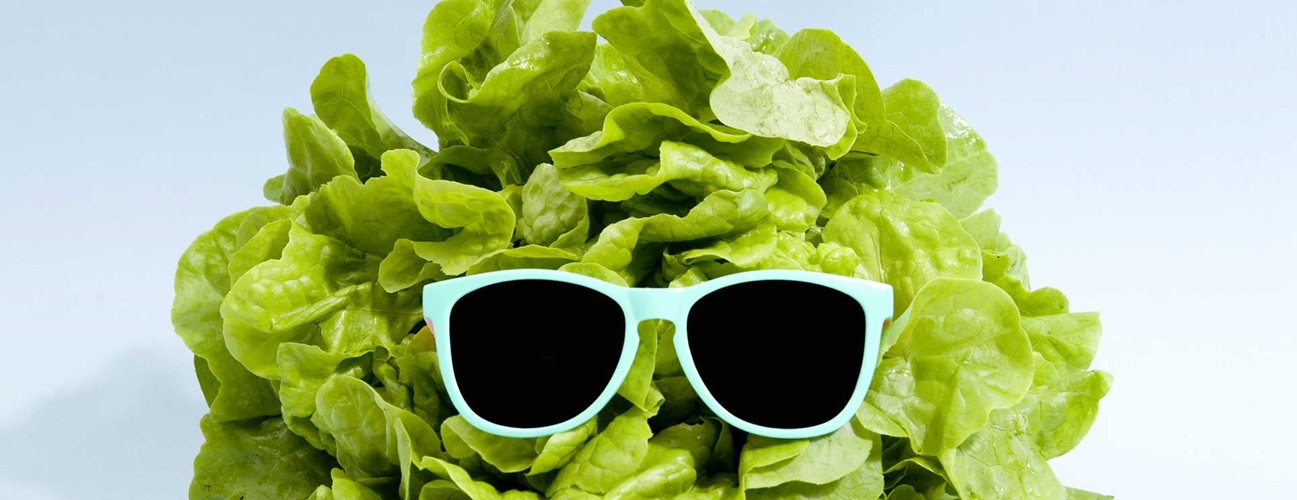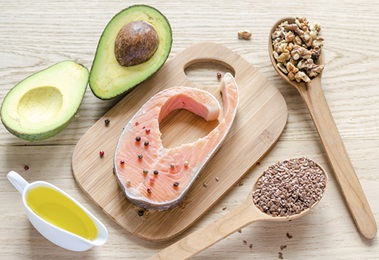Think Twice About Following Food Trends
Reviewed By:
Kale, chia seeds and quinoa: They’ve all received their fair share of media buzz over the last few years. Because they’ve been touted as doing everything from lowering cholesterol to preventing cancer, it makes sense that you’d want to try these healthy foods.

But is going out of your way to find the latest superfood, giving your kale a massage to make it tender or trying to figure out how to make quinoa taste good worth it? Not really, says Michael Blaha, M.D., M.P.H., director of clinical research at the Johns Hopkins Ciccarone Center for the Prevention of Heart Disease.
“Every little paper that suggests that a certain food is good for you gets blown up in the media. It’s confusing for people because one study will say coffee, eggs or whatever other food is great while another will say it’s bad. But what’s far more important than focusing on health food fads is having an overall healthy eating pattern,” Blaha says.
Misleading Healthy Food Headlines
Most people imagine a scientific study to be a controlled, cause-and-effect experiment that takes place in a lab. But studying people and their habits is much more complicated. “The majority of food studies aren’t providing conclusive evidence,” Blaha says. “They are simply giving theories based on observing a group of people. It’s not a controlled experiment.”
The majority of food research is based on observational studies, which means a group of people is followed to see what happens over time. Studies search for answers to questions such as: Who lives longer? Who is more likely to develop a certain illness? Who is happier? Scientists attempt to determine what factors in people’s lives could be responsible for certain outcomes.
But the problem is that one group of people who make a particular lifestyle choice such as drinking coffee can be different in a variety of ways from people who don’t, Blaha explains: “Maybe they sleep more or less, eat more fruit, exercise more, make more money, have a better job or are different races or ethnicities. It’s just impossible to tease out the effect of an individual food out of someone’s busy, complicated life.”
Better Than a Diet
Instead of focusing on a few healthy foods to eat, it’s much better to have a healthy eating philosophy that guides your decisions when you’re planning meals, grocery shopping or going out to eat, Blaha says. Otherwise, it can be difficult to navigate the more than 200 food decisions you make each day, most of which are done on autopilot.
For example, if you follow a Mediterranean-style diet — which has been shown to reduce the risk of heart disease — you’re more likely to make decisions consistent with that philosophy of eating whole and nutritious foods. You’ll select more vegetables and fish at the grocery store, use olive oil in your cooking, and choose salmon and couscous over macaroni and cheese at a restaurant.
“It’s better to ignore the hype about individual foods and instead try for an overall healthy eating pattern, like the Mediterranean diet,” advises Blaha. “There’s good evidence that it leads to better heart health, although we still can’t say whether it’s the nuts or the oils or point to any specific food within the diet as being the one that makes the difference.”
A healthy eating pattern includes more vegetables and fruits, whole grains, lean proteins such as fish and chicken, and healthy oils. Processed, packaged foods aren’t part of a healthy eating pattern.
But, says Blaha, “You can have dark chocolate on occasion, a cup of coffee a day, or include this or that healthy oil, as long as it’s part of a general healthy diet pattern.”







